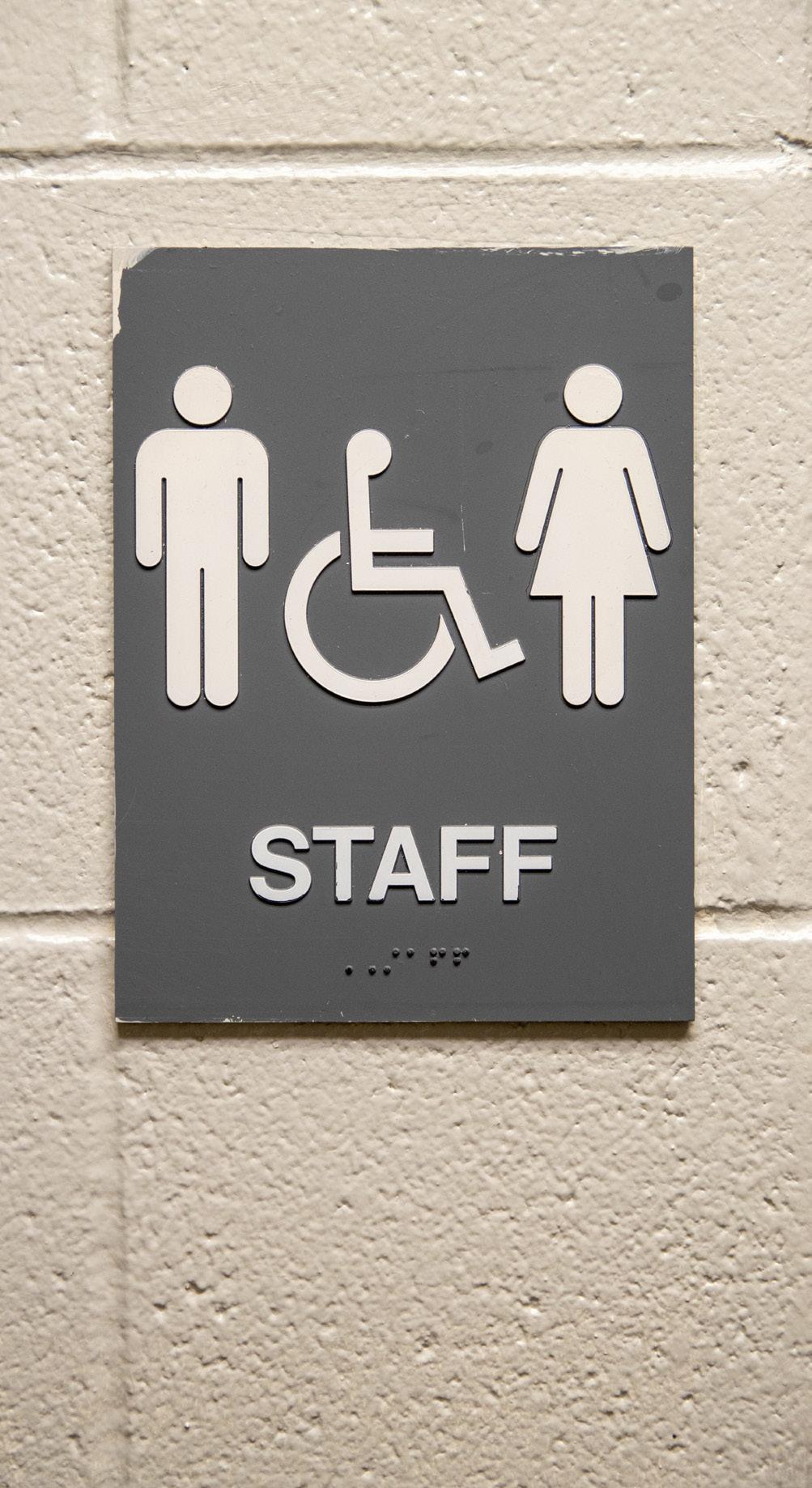
5 minute read
Social enterprise backs call for free period products for NHS staff
from Health Business 23.3
by PSI Media
A leading social enterprise is uniting with NHS staff across the country to raise awareness of period poverty in the healthcare sector
Musselburgh-based not-for-profit Hey Girls has made it their mission to raise awareness of the growing issue, which has worsened since the start of the cost-of-living crisis. The multi-award-winning social enterprise donates a box of period products to good causes for every one purchased by its corporate and public sector partners, and currently works with hospitals, clinics and other healthcare units across almost 30 trusts nationwide. Its team work with organisations throughout the UK in introducing period dignity schemes, although no challenge is as unique as the NHS.
Long hours
Georgie Nicholson, contracts and partnerships manager at Hey Girls, was first approached by two nurses in Scotland looking for support, and has since helped build a strong sense of community among NHS staff raising awareness about the everyday struggles they face.
“Periods don’t stop for anything,” Georgie said. “It doesn’t matter where you are or what you’re doing. And in high-pressure jobs like in healthcare, where you need to remain constantly alert, your period unexpectedly starting can be incredibly stressful.
“That is especially true in fields like surgery, where we have heard stories of staff having to ‘double up’ or bleed through their scrubs for up to 12 hours as they have no other alternative.
“NHS staff aren’t robots, and while they continue to perform like superheroes under increased pressure – they are human beings.
“And they are human beings who through their devotion to caring for others, often overlook their own needs, health and wellbeing. And it shouldn’t have to be that way.”
Talking to staff
But the problem is not unique to those working in theatre. The sheer size and scale of hospitals, tied in with the constant demand for patient care, means it can be incredibly difficult for staff to access products when they need them.
That reality has rung true in Georgie’s travels across the country, where conversations are beginning to grow among staff.
Georgie added: “We have heard similar messages from NHS staff nationwide – and that is that they often feel unseen and unheard.
“At every event we visit, we always ask attendees to raise their hands if they have ever been caught short while at work and not had access to period products.
“In our multiple talks with healthcare staff, everyone has raised their hand – and every time you can see the shock on people’s faces as they suddenly realise they are not alone.
“It is so important we have those conversations. Without them, nothing will ever change.”
Those conversations, Georgie said, are the first step towards achieving positive change – and help develop understanding among those in decision making roles.
Change is coming
Georgie said: “We know we cannot achieve change without getting men on our side too, so it is so important we have the support of men across the board.
“What we never want to be are preachers or to point the finger. We want to create an allyship, helping educate people while showing them how their simple acts can make a huge difference to their workforce.
“Staff turnover is high in the NHS, and while we know period dignity schemes aren’t going to magically fix that – they will help boost staff morale and can improve staff performance by taking away that stress.
“What we want to say is that introducing period dignity schemes is such a simple thing to do. And that staff deserve it.”
Feedback
Dr Rosie Baruah is an ICU consultant who has seen first-hand how healthcare staff have struggled through a lack of access to period products at work.
She said: “When we first started raising awareness in 2021 it was all about how unpredictable periods are and how they can start by surprise – and that staff needed access to products for when they were caught off guard.
“What we have seen in the last year with the cost-of-living crisis however is that some staff simply cannot afford to buy period products. E
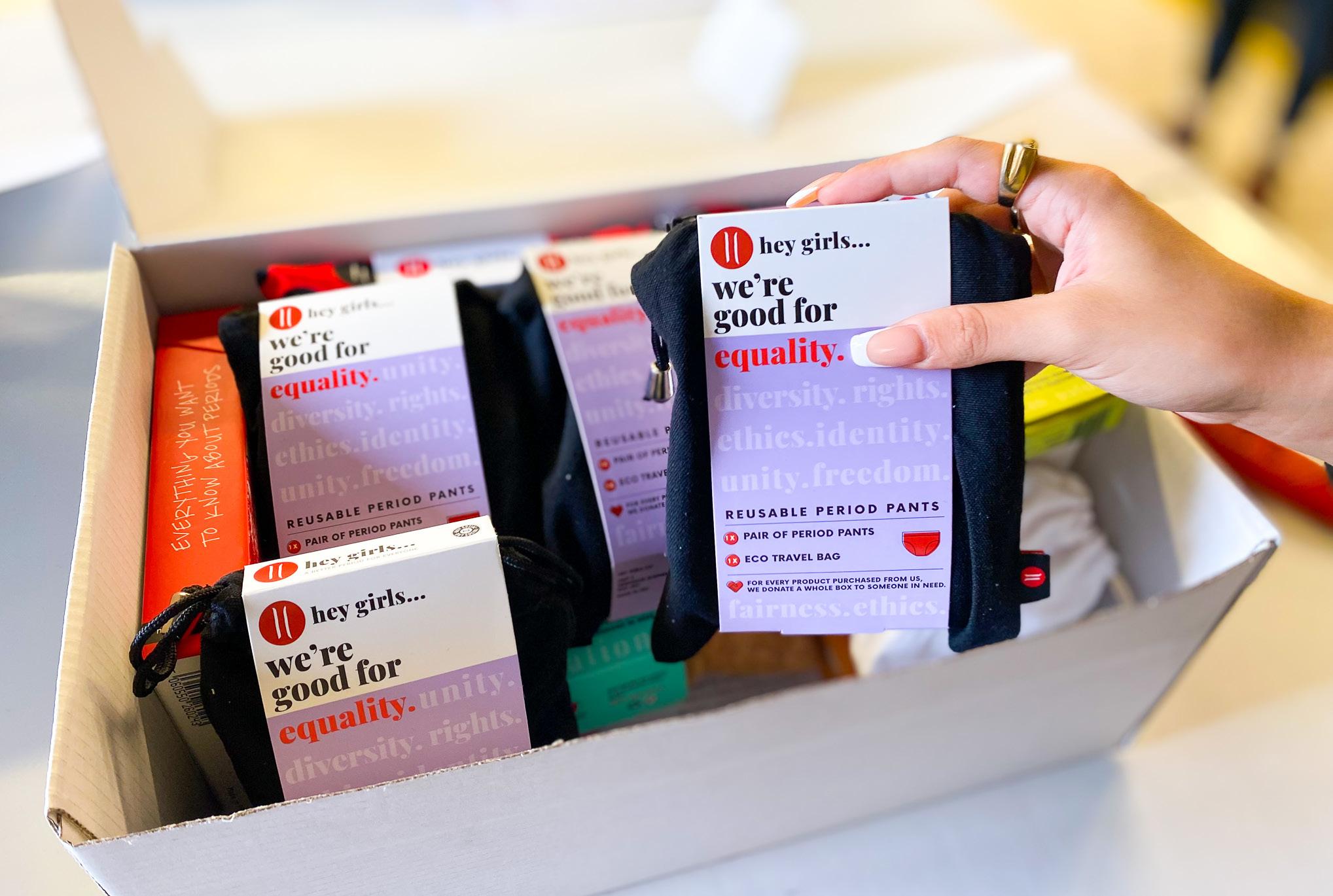
F “This is a basic part of personal hygiene we are talking about, just like how your boss would always supply toilet roll, soap or hand towels.”
Rosie’s native Scotland became the first country in the world to make the access to free period products a legal right, although the NHS and its hospitals are not covered by the law.
Rosie added: “The introduction of the Period Products Act has been fantastic for Scotland, but the reality is that staff working in the NHS under significant time constraints or working irregular hours simply can’t access the pick-up points. They need the products available to them there and then.
“I like to see the introduction of period products as an omission rather than an addition – they are something that should have always been available.
“Periods are something that affect over half of NHS staff, and without them we don’t have a health service. Anything we can do to support them, and their wellbeing is money well spent.”
Resusable products
The introduction of reusable products such as period pants has also been touted as a solution to the NHS’ unique challenges, alongside disposable pick-up points in washrooms.
Hey Girls’ work with public sector organisations has included the introduction of home packs containing reusables for residents in numerous local authority areas in the UK.
Georgie said: “There should be options available depending on people’s role within the NHS. Yes, having disposable products like tampons, pads and panty liners available in staff washrooms would be a huge step forward – but what we would love to see is the introduction of reusable product packs.
“Those reusable products, like our cups and pants, can hold a significantly higher amount of liquid compared to disposables and are the perfect solution for theatre staff who face hours and hours of work without the chance to go to the bathroom.
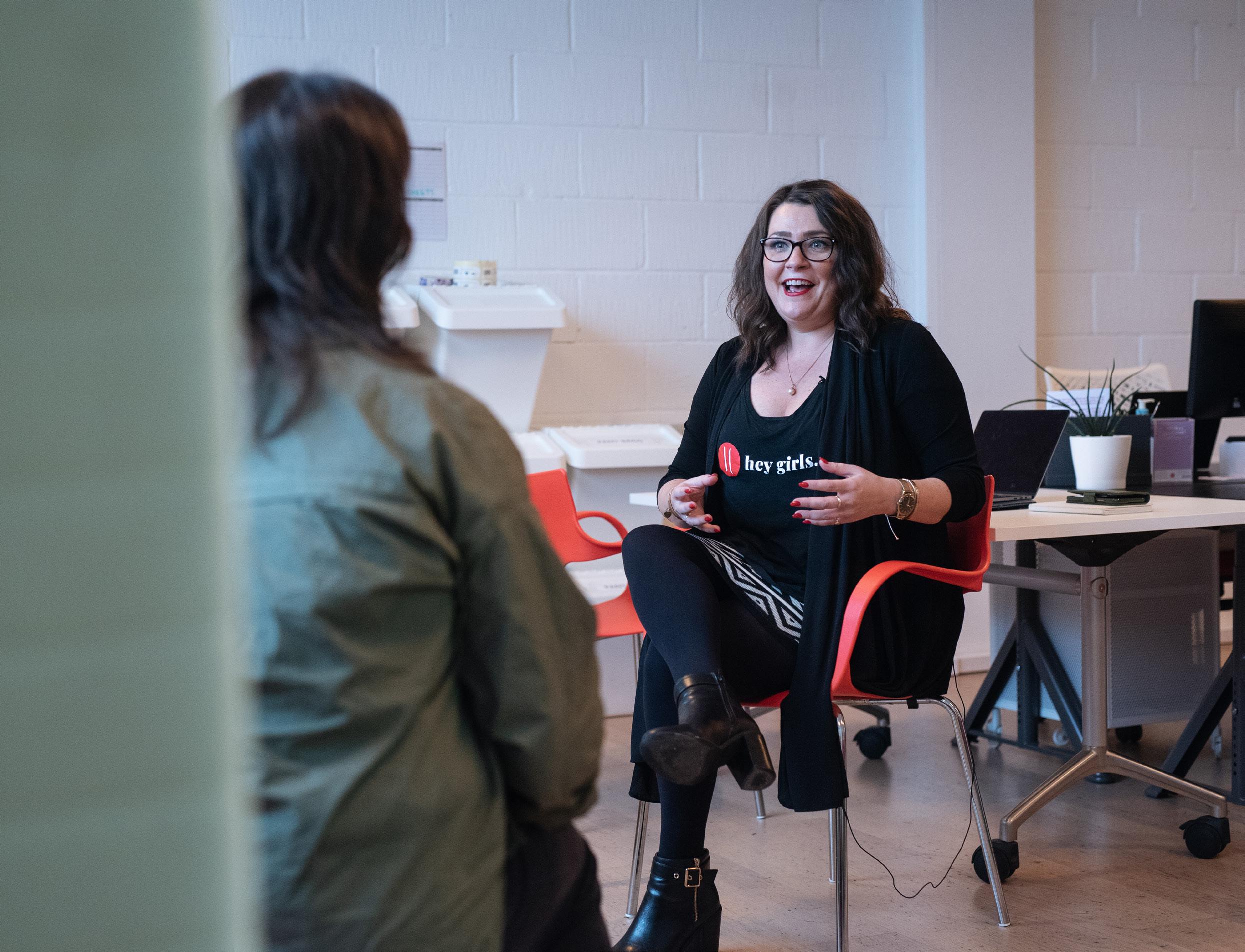
“But regardless, we know introducing disposable products is a great place to start.”
Cost
Georgie added introducing a period dignity scheme is much cheaper than many expect.
She said: “While it might sound like a mountain of products would be required for every hospital that introduces a period dignity scheme, that isn’t really the case. In reality, we recommend two pads and two tampons per person, per month.
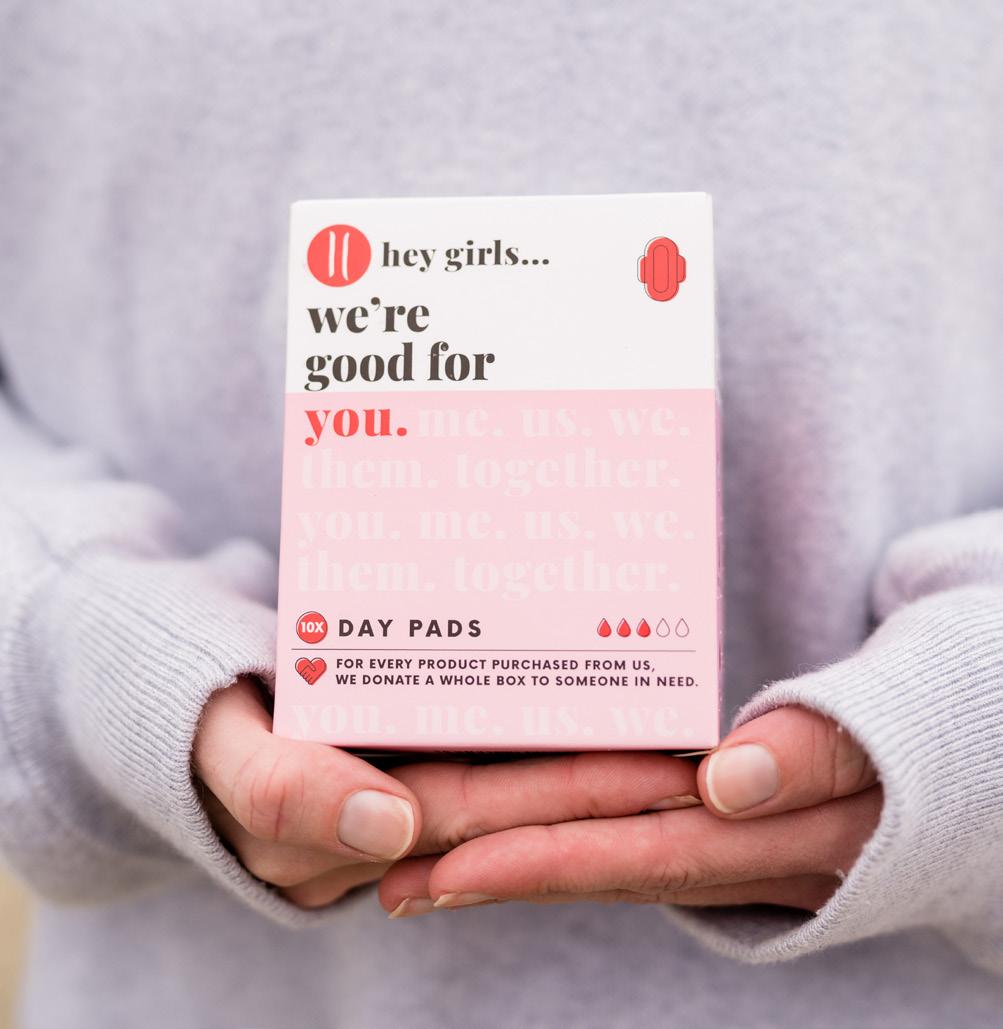
“That isn’t anything radical in the slightest. And it isn’t the expensive mass roll-out so many expect it to be.
“It would be brilliant to see period products made available to patients too, although we appreciate budgets in the NHS are incredibly tight.
“Our dream would be for patients to be sent home with a pack of products.
“Everyone deserves a dignified and safe period.”
Georgie said she hoped decision makers in the NHS will be swayed in future.
She added: “Like everyone else in this country, all of us at Hey Girls are proud
Take Control of Infectious Germs, Bacteria and Viruses...
Sanondaf are a specialist decontamination company ...
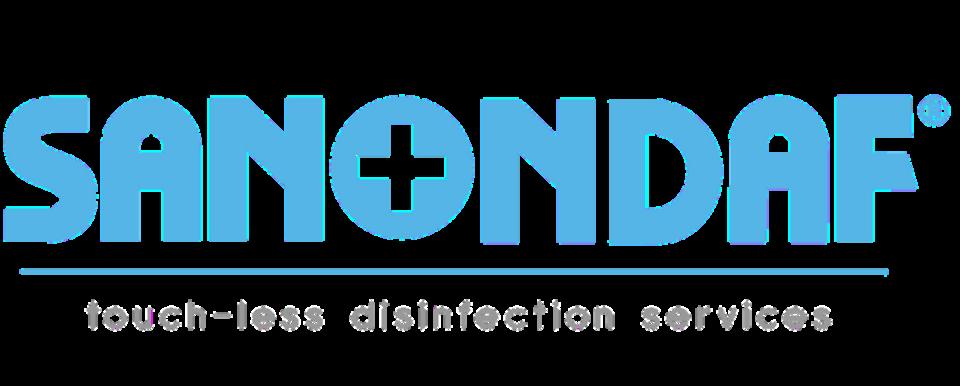


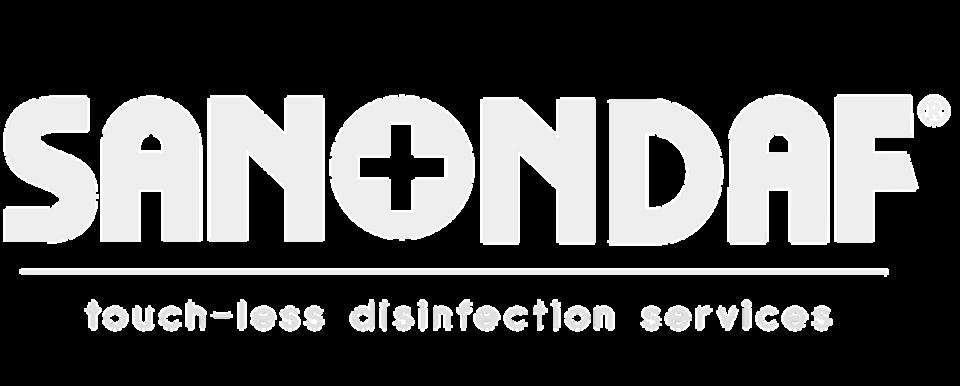

We provide Hospital Grade Disinfectant, with no need to rinse after application
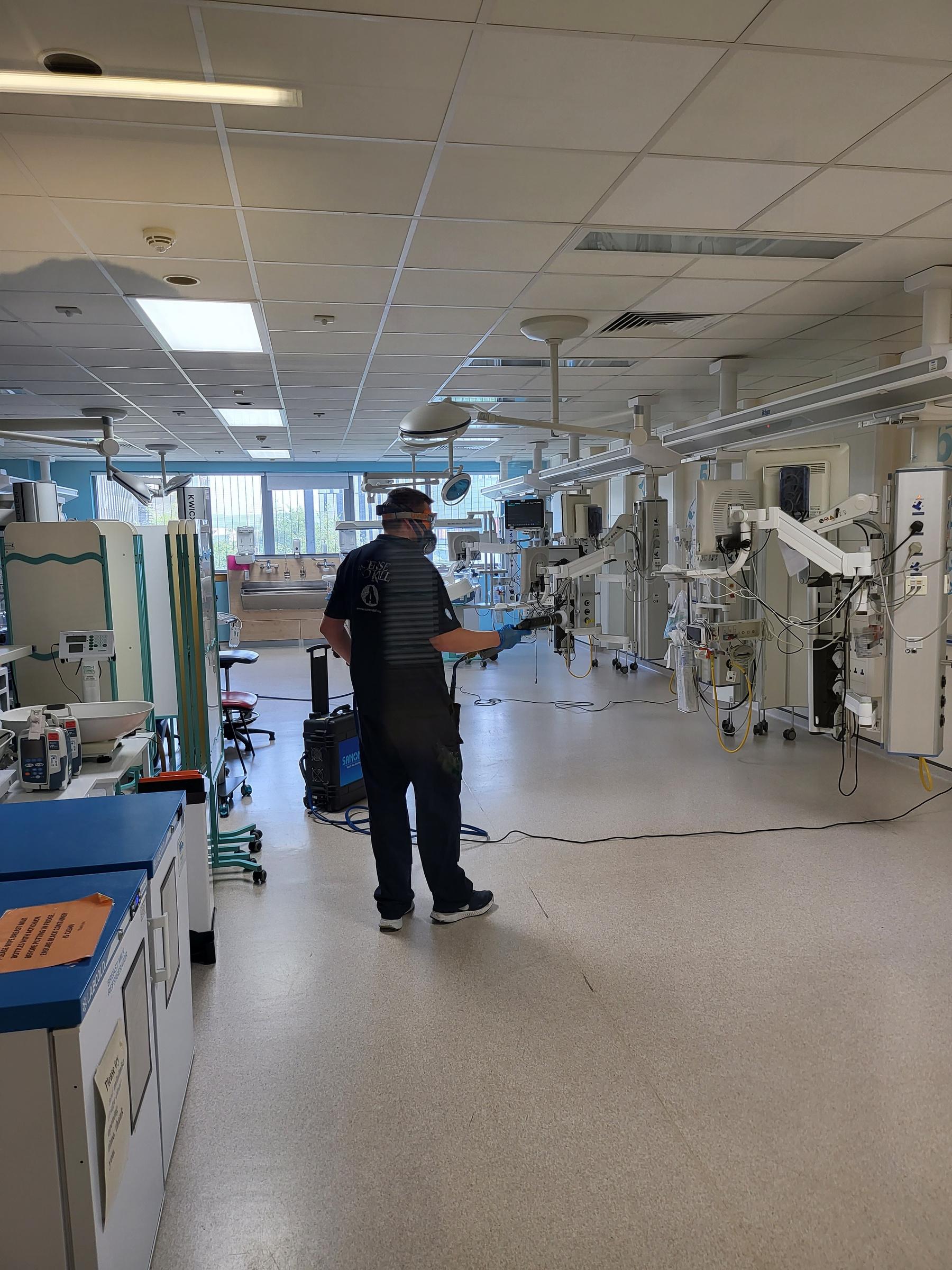
Our hydrogen peroxide vapour treatments (HPV) have been clinically tested
We disinfect to 6 log kill in a highly efficient, effective and environmentally friendly manner
Rooms can be turned around in one hour of the heroes who don their scrubs every day to look after us and our loved ones.
“We just think taking away the added stress their period can bring is the least they deserve.” L
NHS Trusts looking to introduce period dignity schemes at their hospitals can learn more by visiting the Hey Girls website: www.heygirls.co.uk










